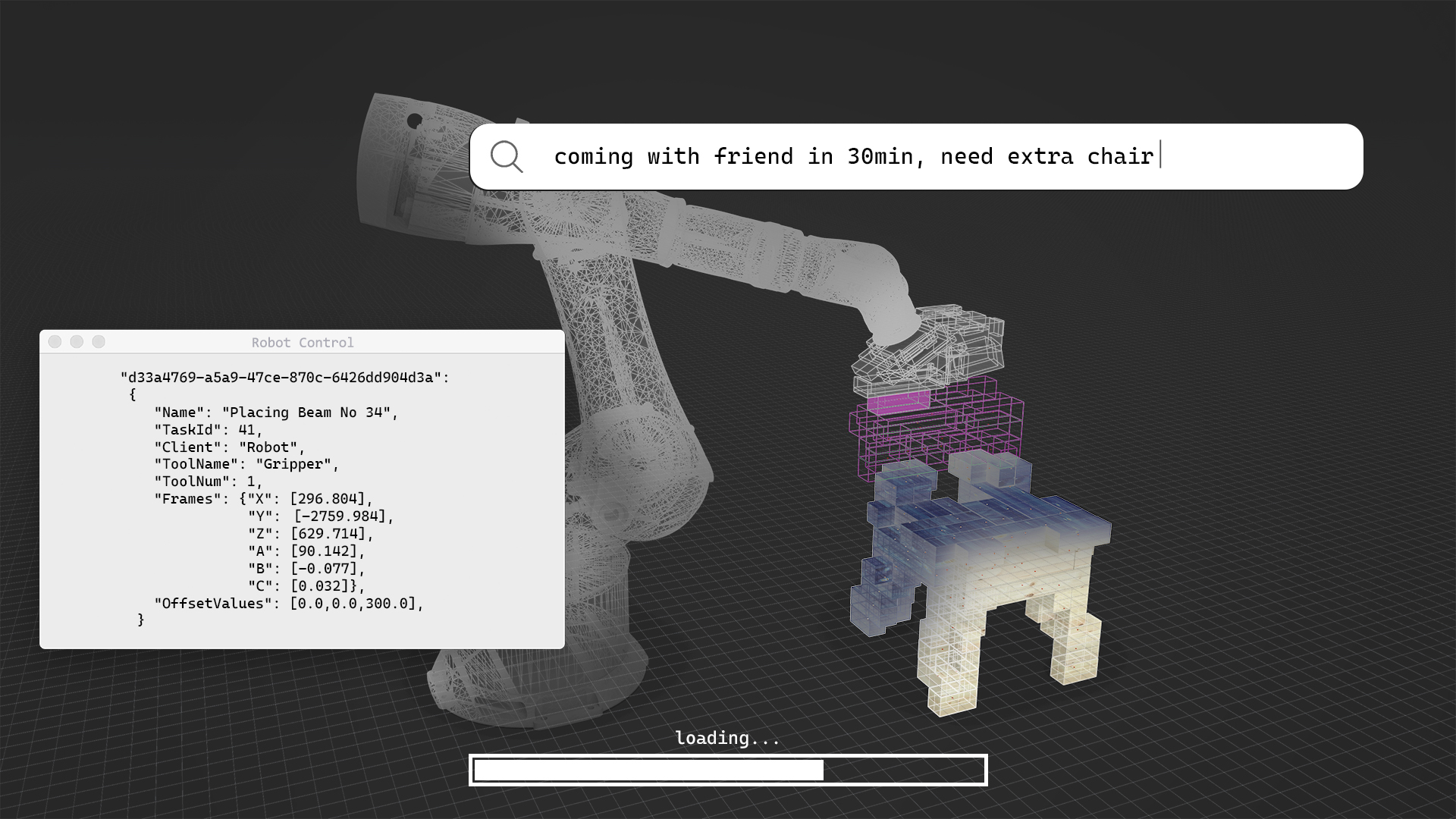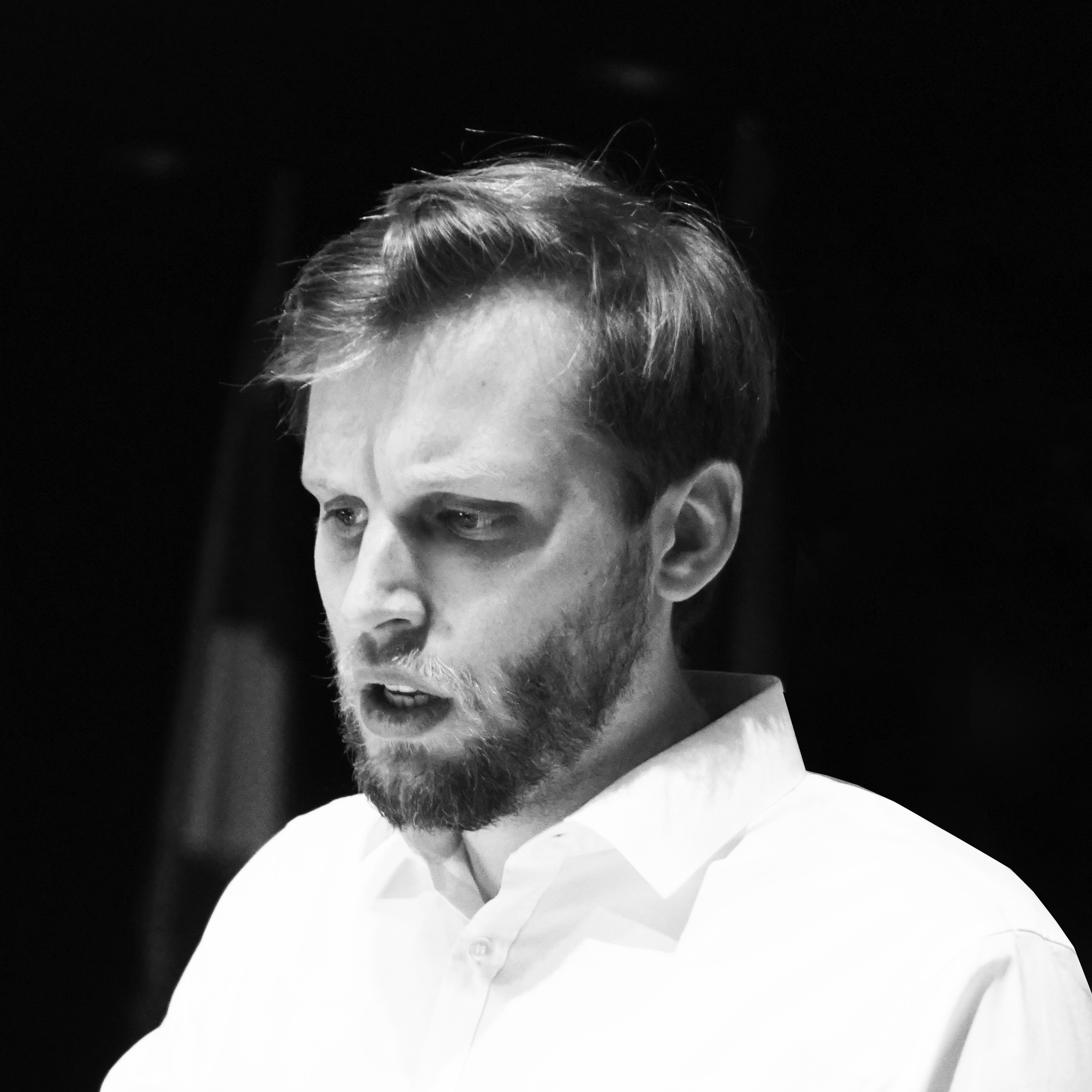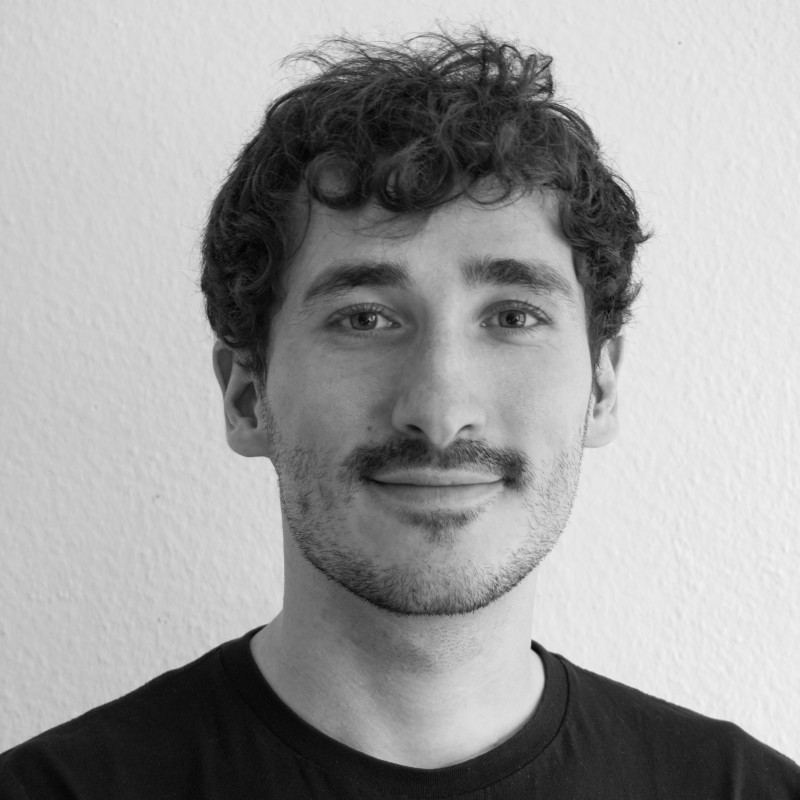Fabrication | Physical Workshop | English | Asia-Pacific
Description:
Confronted with accelerating rates of change, the responsible design of our physical environments demands a resolution of dichotomies: Long-lasting, sustainable design philosophies need to align with hyper-adaptive, on-demand realities. In this workshop, we will explore potential resolutions to this challenge by employing AI-enabled computational design and robotic fabrication for rapidly reconfigurable circular timber assemblies. We will investigate innovative approaches to streamline the design process through generative AI and integrate immediate physical materialization via automated generation, digital simulation, and fine-tuning of robotic fabrication processes. Timber components designed for circular reuse will be continuously re-assembled by a robotic arm following a Prompt-to-Production methodology, in which a text prompt is used to generate architectural timber designs, from which robotic fabrication sequences are derived. Workshop participants will be introduced to novel integrative design-to-fabrication workflows developed at ICD Stuttgart and applied to multiple large-scale building projects. The workshop will include hands-on tutorials, presentations, and guest lectures on relevant topics of design computation and robotic timber construction. Depending on individual expertise, participants will have the opportunity to delve deeply into the workflow and code, and develop their own group projects.
Workshop Support: Meshy.AI, Jonas Mertens


Key Words:
Computational Design,Circular Timber Construction,Generative AI,Robotic Fabrication
Required Skills:
Rhino, Grasshopper, (Python/C# is a plus)
Required Software:
Rhinoceros 7 with Grasshopper
Required Hardware:
Laptop
Maximum number of participating students:
12
Workshop Support: Meshy.AI, Jonas Mertens


Schedule:
Jun 29 - Jul 6
-
Day 1 / Jun 29
-
Day 2 / Jun 30
-
Day 3 / Jul 1
-
Day 4 / Jul 2
-
Day 5 / Jul 3
-
Day 6 / Jul 4
-
Day 7 / Jul 5
-
Day 8 / Jul 6
Instructors:
-
 Achim Menges ICD University of Stuttgart,DirectorAchim Menges is a registered architect in Frankfurt and full professor at the University of Stuttgart, where he is the founding director of the Institute for Computational Design and Construction (ICD) and the director of the Cluster of Excellence Integrative Computational Design and Construction for Architecture (IntCDC). In addition, he has been Visiting Professor in Architecture at Harvard University’s Graduate School of Design and held multiple other visiting professorships in Europe and the United States. He graduated with honours from the Architectural Association, AA School of Architecture in London, where he subsequently taught as Studio Master and Unit Master in the AA Graduate School and the AA Diploma School.
Achim Menges ICD University of Stuttgart,DirectorAchim Menges is a registered architect in Frankfurt and full professor at the University of Stuttgart, where he is the founding director of the Institute for Computational Design and Construction (ICD) and the director of the Cluster of Excellence Integrative Computational Design and Construction for Architecture (IntCDC). In addition, he has been Visiting Professor in Architecture at Harvard University’s Graduate School of Design and held multiple other visiting professorships in Europe and the United States. He graduated with honours from the Architectural Association, AA School of Architecture in London, where he subsequently taught as Studio Master and Unit Master in the AA Graduate School and the AA Diploma School. -
 Hans Jakob Wagner ICD University of Stuttgart,Research Group LeaderHans Jakob Wagner is a research group leader at the ICD – University of Stuttgart and runs the Computational Wood Architecture Group. As a ligno-centric design research technologist he works at the intersection of computational design methods, robotic construction processes and advanced wood building systems. He played a key role in award winning projects such as the BUGA Wood Pavilion and the ITECH Research Pavilion 2016-17. He graduated with distinction from the ITECH Master Program in 2017 after studying Architecture at Vienna University of Technology. He worked at leading architectural firms in Vienna and Paris and published, taught and presented internationally.
Hans Jakob Wagner ICD University of Stuttgart,Research Group LeaderHans Jakob Wagner is a research group leader at the ICD – University of Stuttgart and runs the Computational Wood Architecture Group. As a ligno-centric design research technologist he works at the intersection of computational design methods, robotic construction processes and advanced wood building systems. He played a key role in award winning projects such as the BUGA Wood Pavilion and the ITECH Research Pavilion 2016-17. He graduated with distinction from the ITECH Master Program in 2017 after studying Architecture at Vienna University of Technology. He worked at leading architectural firms in Vienna and Paris and published, taught and presented internationally. -
 Nils Opgenorth ICD, University of Stuttgart,Research AssociateNils Opgenorth is a research associate at the ICD with a focus on computational wood architecture and on-site construction. He holds a Bachelor of Science in Architecture from the Leibniz University Hannover and a Master of Science in Integrative Technologies and Architectural Design Research (ITECH) from the University of Stuttgart. Prior to joining ICD, he taught at the Institute for Digital Methods in Architecture in Hannover. During his time, he developed a construction system of thin, bending-loaded plates and exhibited his work in a large-scale demonstrator at the Sprengel Museum Hannover. His master’s thesis “Building Across Scales: A Robotic Timber Fabrication System for On-Site Press Gluing“, which he developed together with his colleague Daniel Locatelli, was awarded the “IntCDC Master’s Thesis Grants 2021” and proposes a heterogeneous multi-scalar robotic construction system to further automate on-site timber construction.
Nils Opgenorth ICD, University of Stuttgart,Research AssociateNils Opgenorth is a research associate at the ICD with a focus on computational wood architecture and on-site construction. He holds a Bachelor of Science in Architecture from the Leibniz University Hannover and a Master of Science in Integrative Technologies and Architectural Design Research (ITECH) from the University of Stuttgart. Prior to joining ICD, he taught at the Institute for Digital Methods in Architecture in Hannover. During his time, he developed a construction system of thin, bending-loaded plates and exhibited his work in a large-scale demonstrator at the Sprengel Museum Hannover. His master’s thesis “Building Across Scales: A Robotic Timber Fabrication System for On-Site Press Gluing“, which he developed together with his colleague Daniel Locatelli, was awarded the “IntCDC Master’s Thesis Grants 2021” and proposes a heterogeneous multi-scalar robotic construction system to further automate on-site timber construction. -
 Zhenxiang Huang ICD University of Stuttgart,Research AssociateZhenxiang Huang is a research associate at the ICD, focused on automating and optimizing the robotic fabrication process of large-scale timber building systems. He holds B.Arch from Tongji University and M.Sc from Cornell University. He shares passion on linking digital design with physical world with the aim of bridging the gap between different disciplines. His professional experience ranges across United States and China. He worked as the head of Data Studio in Arrowstreet, Boston for more than two years, and he also interned at Fab-Union in 2018. Academic-wise, he developed his master thesis with Prof. Jenny Sabin with a focus on reconfigurable bi-stable auxetic system. He had several publications in esteemed conferences and journals, such as ACADIA and Architectural Journal. Currently within ICD, Zhenxiang's primary role revolves around the comprehensive analysis, programming, and allocation of robotic tasks related to the off-site construction process of timber building elements.
Zhenxiang Huang ICD University of Stuttgart,Research AssociateZhenxiang Huang is a research associate at the ICD, focused on automating and optimizing the robotic fabrication process of large-scale timber building systems. He holds B.Arch from Tongji University and M.Sc from Cornell University. He shares passion on linking digital design with physical world with the aim of bridging the gap between different disciplines. His professional experience ranges across United States and China. He worked as the head of Data Studio in Arrowstreet, Boston for more than two years, and he also interned at Fab-Union in 2018. Academic-wise, he developed his master thesis with Prof. Jenny Sabin with a focus on reconfigurable bi-stable auxetic system. He had several publications in esteemed conferences and journals, such as ACADIA and Architectural Journal. Currently within ICD, Zhenxiang's primary role revolves around the comprehensive analysis, programming, and allocation of robotic tasks related to the off-site construction process of timber building elements.